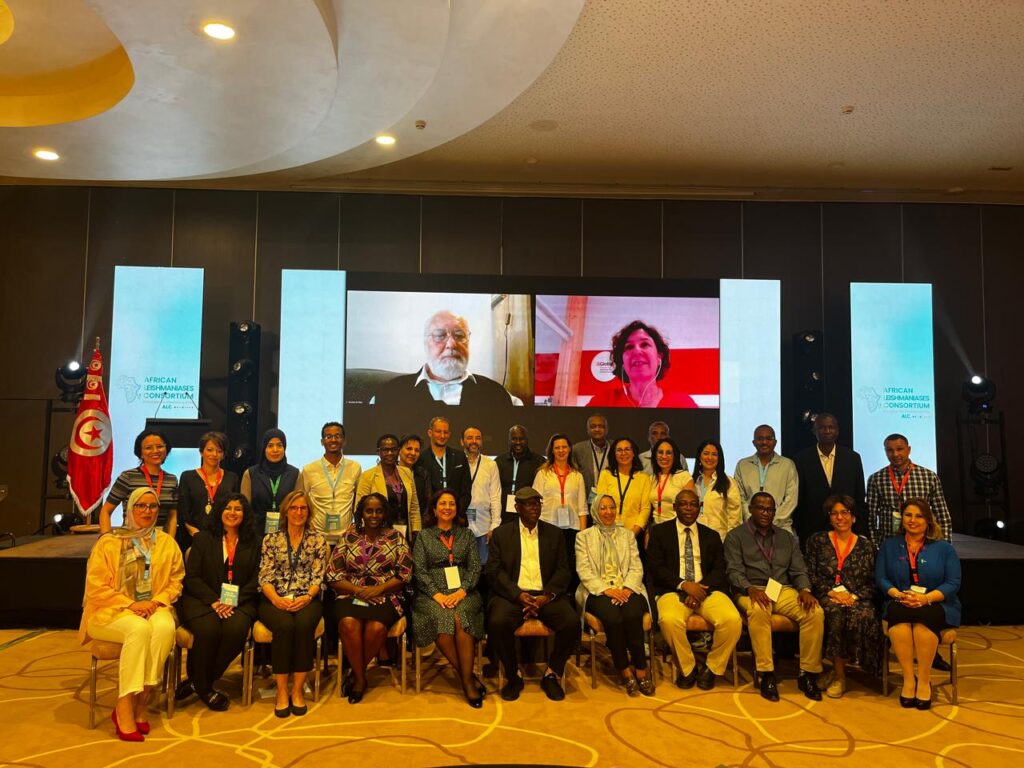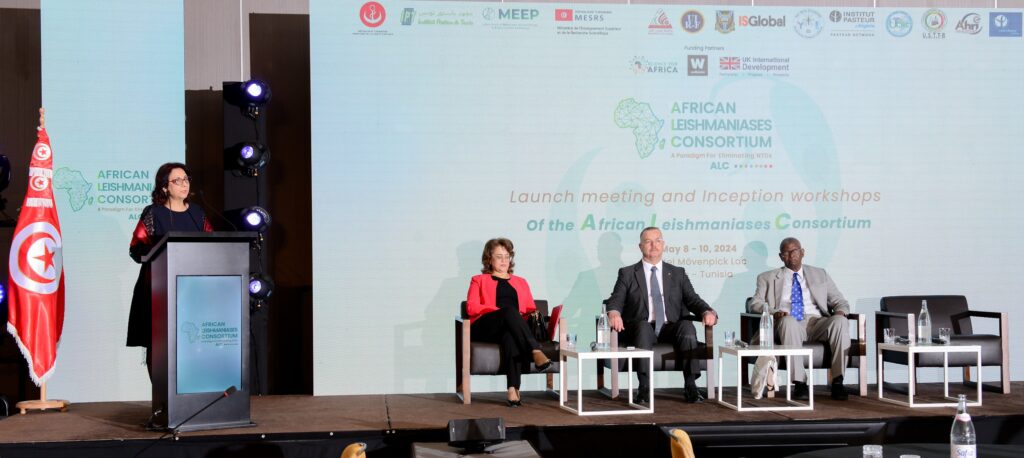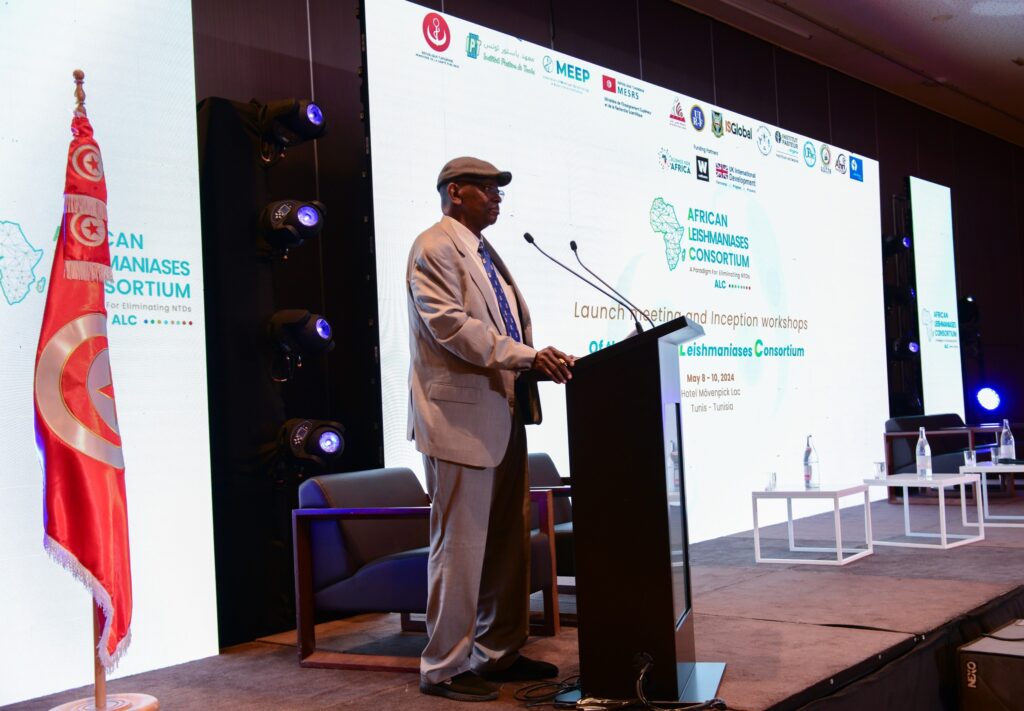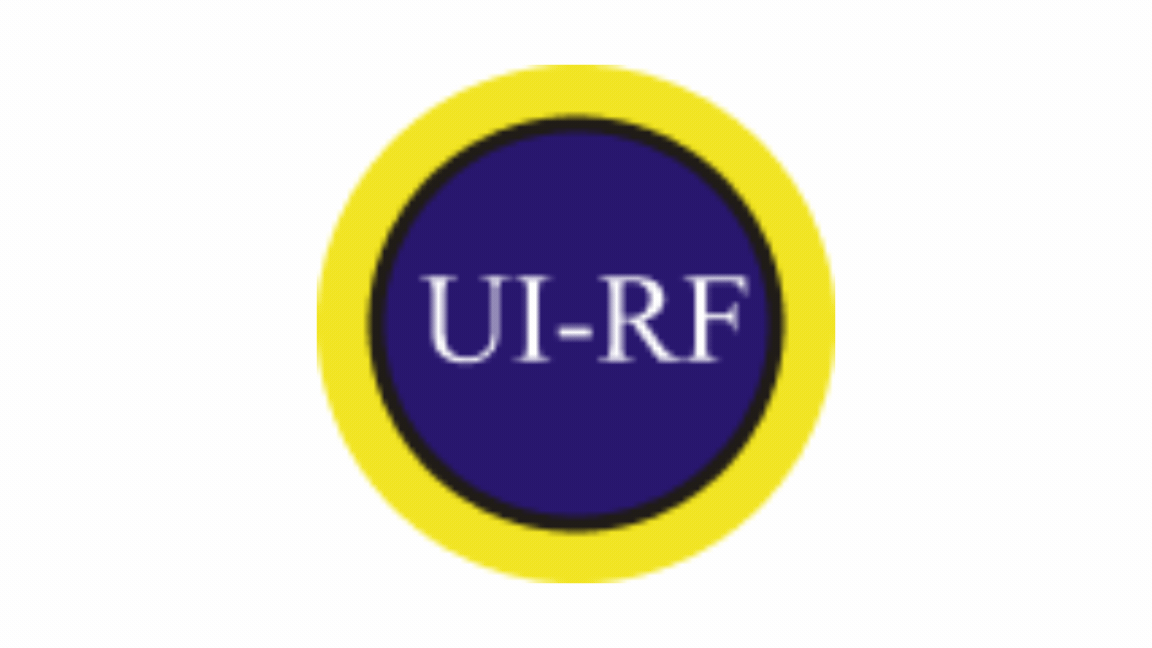
Africa still suffers from the scourge of many Neglected Tropical Diseases (NTDs) including Leishmaniases.
Leishmaniases, a group of vectors- borne, parasitic diseases continue with more than 30000 annual cases to burden millions of individuals across Sub-Saharan Africa affecting the poorest of the poor in most countries in North, East and West Africa, perpetuating cycles of poverty and hindering socio-economic development.
During the past decades, Visceral Leishmaniasis (VL) outbreaks claimed the lives of more than 100,000 Africans. Despite recent significant progress over the past 30 years including from Africa, these diseases persist due to various challenges including limited resources, inadequate infrastructure, and insufficient access to healthcare services. In many countries there is scarce data due to weak health systems because of lack of resources, expertise, and awareness. There is limited impact on public health and implications for the communities.

African Leishmaniases Consortium (ALC)
The African Leishmaniases Consortium (ALC) is established to build leadership and excellence in science and public health to address challenges and needs to advance control and elimination of leishmaniases in Africa.
The ALC is implemented with funding support on the initiative for “Developing Excellence in Leadership, Training, And Science (DELTAS) Africa program in its second phase. The DELTAS Africa II, initiative funded from 2023–2027 receives support from the Wellcome and the UK Foreign, Commonwealth and Development Office (FCDO), United Kingdom, Launched in March 2023, the DELTAS Africa II is hosted and managed by the Science for Africa Foundation (SFA Foundation) and supports consortia aligned to four strategic areas of scientific quality; research leadership; research management, culture & infrastructure; and scientific citizenship.
The program provides support to collaborative consortia led by Africa-based scientists with the aims to scale up Africa scientific research. It seeks to produce research leaders to drive locally relevant and high-quality health research that impacts science, policy and practice in Africa that are recognized globally.
Objectives of ALC
ALC’s Vision is to build a program on a holistic approach along the theory of change with 4 pilots, each addressing specific objectives.
- To translate advances in Science and Technology including genomics and artificial intelligence for novel control and surveillance tools and strategies;
- To leverage the novel control tools to support diagnosis and patient management, and vector control;
- To build interactive disease distribution- and predictive risk- maps for programmatic use;
- To engage strategic research and create a Think-Tank to foster the use of evidence in developing strategies and asset-based impacts-driven policy options towards control and elimination of leishmaniases.

The collaboration between University of Ibadan Research Foundation and ALC focuses on several key objectives:
Scientific Research and Innovation: The partnership aims to translate scientific advances into practical tools and strategies for the diagnosis, treatment, and control of leishmaniases. This includes leveraging genomics and artificial intelligence to develop novel diagnostic methods and therapeutic targets.
Capacity Building and Leadership Development: Both institutions are committed to building the capacity of African researchers and public health professionals. This involves providing training programs, mentorship, and competitive deliverables to sustainably build leadership in research and public health.
Public Health Impact: The collaboration seeks to enhance public health outcomes by improving the diagnosis and management of leishmaniases, developing robust surveillance systems, and identifying high-risk populations and regions.
Policy and Advocacy: The partnership aims to foster the use of evidence-based research to inform policy options and guide control strategies. This includes creating a Think-Tank to develop asset-based, impacts-driven policy options for the control and elimination of leishmaniases.
Impact and Future Directions
The UIRF and ALC collaboration is poised to make significant contributions to the control and elimination of leishmaniases in Africa. By combining their resources, expertise, and networks, the partnership aims to address the complex challenges posed by these diseases and improve the health and well-being of affected communities.
Future directions for the collaboration include expanding research initiatives, strengthening regional and international networks, and enhancing the translation of research findings into practical public health interventions. The ultimate goal is to achieve the WHO targets for leishmaniases control and contribute to the socio-economic development of Africa.


